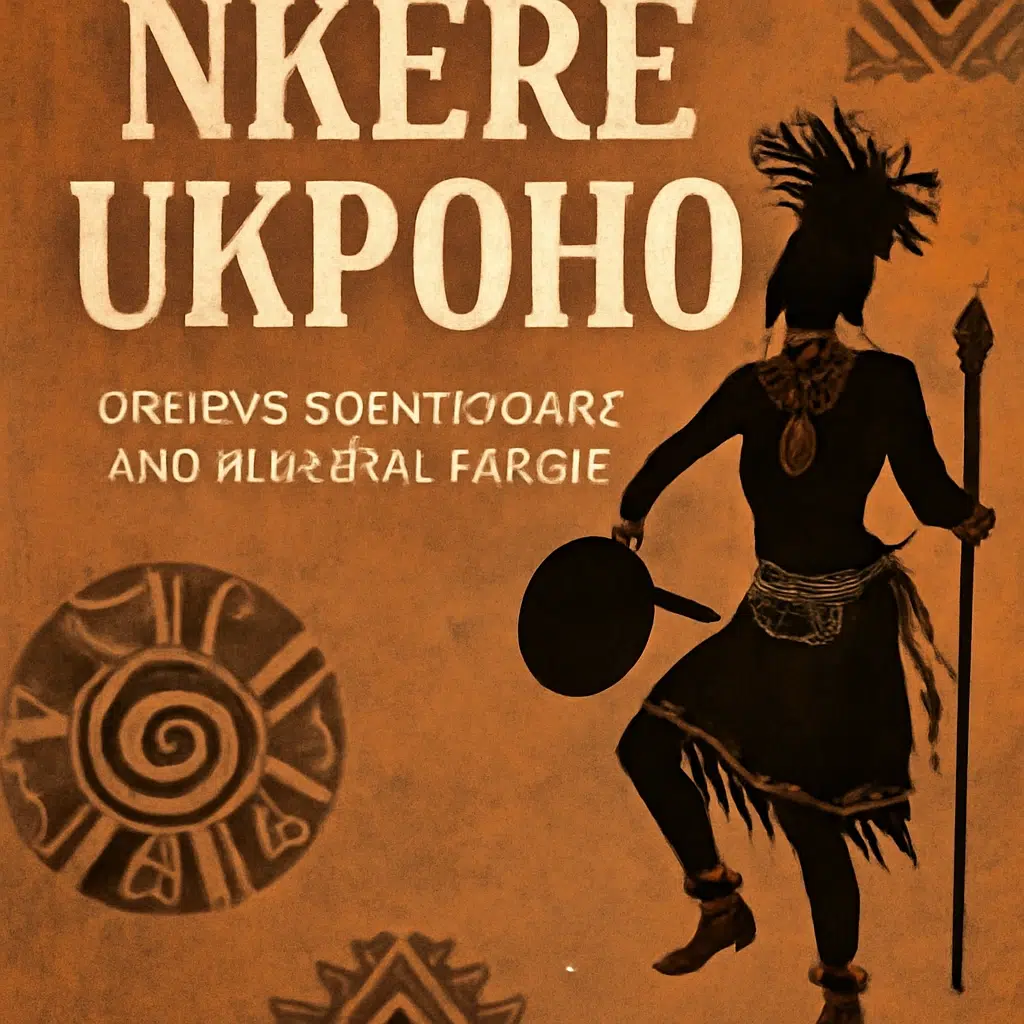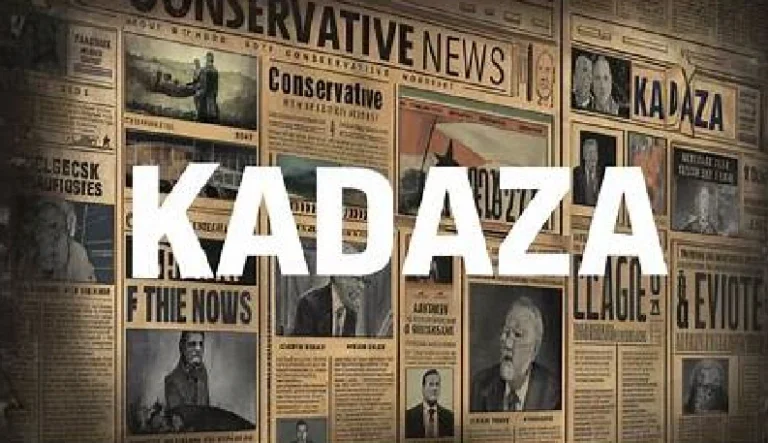
Ever heard of Nkere Ukpoho? If not, let me take you on a little journey. It’s more than a word. Passed down through generations, you see it in how people live, connect, and celebrate. It’s not something you’re taught. It’s something you feel. A quiet power that shapes lives, giving them meaning.
What is Nkere Ukpoho?
A Deep Dive into Nkere Ukpoho
Nkere Ukpoho—it’s more than a word. It’s about unity, culture, and history. People use it in different ways, but it always carries weight. Sometimes it’s about community. Other times, it’s about preserving long-standing traditions. Wherever it’s used, it’s powerful.
It has roots in ancient customs. A simple word that captures everything about belonging, strength, and heritage: it may change a bit depending on who you ask, but one thing remains: it unites. Through stories passed down and songs sung is alive.
Nkere Ukpoho across different regions.
Here’s the fun part. Nkere Ukpoho shifts depending on your location. In some places, it’s all about the festivals. In others, it’s an everyday ritual. The essence? Always the same—unity. How is it expressed? Well, that depends on the region and the people.
Even within one community, can feel different. Some folks see it as old-fashioned. Others see it as something evolving. However, no matter how we view it, it always comes back to one thing: unity.
The Historical Roots of Nkere Ukpoho
Origins and Early References
Nkere Ukpoho didn’t start with books or papers. It began with words—passed down from one elder to another. Back then, Nkere Ukpoho wasn’t a word—it was the heartbeat of the community.
It wasn’t about gathering people. It was about living a way of life. Passed down through the years, it undergoes slight changes while staying true to its core.
Evolution Over Time
But time changes things grew. It evolved People wrote down sang about and used it in cultural movements. It wasn’t a local thing anymore spread. And despite all the change, its power didn’t fade. It grew stronger and more connected.
Even today, Nkere Ukpoho adapts. It remains relevant in both big cities and small towns.
Nkere Ukpoho in Modern Culture
Relevance in Today’s Society
Fast-forward to today is still here. It’s not a dusty old tradition. You’ll find it in festivals, songs, and even social movements. People care about it. Because in a world that feels disconnected keeps us grounded. Lifeline to something real.
It’s not about holding on to the past, though. It’s about making the old new. Ukpoho still has something to offer. It’s a guide, a touchstone for how we live in harmony with the world around us.
Nkere Ukpoho and Contemporary Art
Artists have always drawn from tradition, and Ukpoho is no different. Whether it’s in paintings, music, or literature, its influence is everywhere. Nkere Ukpoho beats to the rhythm of modern culture.
You see it in galleries. On the radio. In movies. Ukpoho isn’t a relic—it’s living, breathing art. In music, artists use it to symbolize unity and strength. Painters use it to show what belonging feels like. Writers weave it into their stories. Connecting the past with the present.
The Role of Nkere Ukpoho in Social Cohesion and Identity
Building Community Through Nkere Ukpoho
How does Nkere Ukpoho help us connect? Simple—it brings us together. Whether in a small village or a big city, this tradition helps people find common ground. Sometimes through music, sometimes through rituals. But always with the goal of community.
People find strength in shared practices. Nkere Ukpoho reminds us that we are never alone. It’s the bond that keeps us united.
Symbolism of unity and strength.
At its core, Nkere Ukpoho represents strength. Not physical strength, but emotional strength. It’s the power of a community standing together. It symbolizes resilience. In a world where things often feel uncertain, Nkere Ukpoho is the anchor.
Key Traditions and Ceremonies
Rituals involving
What’s a tradition without rituals? Nkere Ukpoho is rich with them. Dancing, chanting, storytelling. These aren’t events—they’re the heart of the culture. They bond people. Reinforce the shared values that make communities strong and resilient.
Every ritual is a celebration. A chance to remember where we come from. A moment to pass down wisdom. It’s not a ceremony. It’s about keeping Nkere Ukpoho alive.
The Role of Nkere Ukpoho in Passing Down Knowledge
Think about your own family traditions. The stories your parents or grandparents told you. Nkere Ukpoho is the same. It’s how knowledge gets passed down. Through stories, songs, and rituals, younger generations learn their history. They know what it means to be part of something bigger.
Without Nkere Ukpoho, those stories would fade. But because of him, the traditions live on.
Challenges and Controversies Surrounding
Modern Challenges in Preserving
Let’s be honest—preserving Nkere Ukpoho isn’t easy. Young people today sometimes don’t see the value in old customs. And, hey, the world moves fast.
But there’s hope. Cultural activists, educators, and community leaders dedicate themselves to preserving. They use digital platforms, host cultural events, and share the story to keep it alive.
Controversial Aspects
There is some debate too. Should stay the same? Or should it evolve?
It’s a fine line. But the conversations show one thing still matters enough to spark honest discussion.
How Nkere Ukpoho Influences Personal and Collective Identities.
The Influence of Nkere Ukpoho on Individual Identity
It gives you pride in who you are. Where do you come from? And that pride? It’s powerful.
Nkere Ukpoho teaches the importance of strength, unity, and pride in one’s identity.
Nkere Ukpoho’s influence on collective identity
It’s like a tapestry, where each thread adds to the bigger picture. And that picture? The story of who we are.
It’s not about the individual. It’s about community. About knowing we’re all in this together.
The Future of Nkere Ukpoho
Revitalizing the Next Generation
So, what’s next? The next generation. They’re learning. Growing. Adapting. They’ll add their own spin or keep it alive the way it’s always been. Either way, Nkere Ukpoho is here to stay.
It’s already making its way into schools, media, and social movements. The future is bright.
Nkere Ukpoho’s legacy and its place in the global context.
It’s no longer a local issue has gone global. People from all cultures are seeing its value. It’s a message of unity and strength that everyone can get behind.
Conclusion
Nkere Ukpoho is more than a tradition. It’s a living, breathing force that keeps us connected. It’s a way for communities to find strength, build pride, and unite across generations. Despite the challenges, it will continue to inspire, reminding us of where we’ve been—and where we’re headed.read info click supermagazinehub.com


